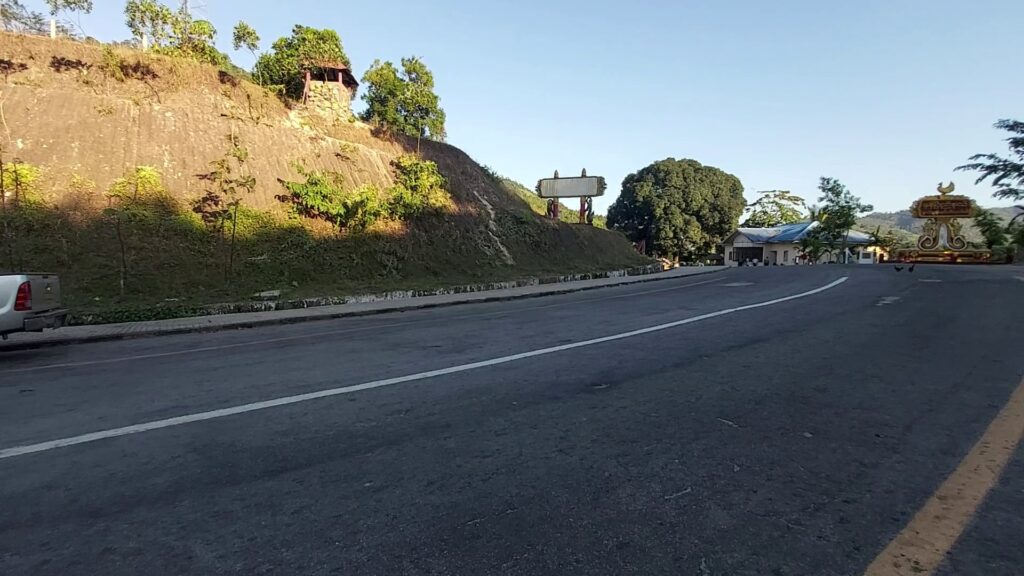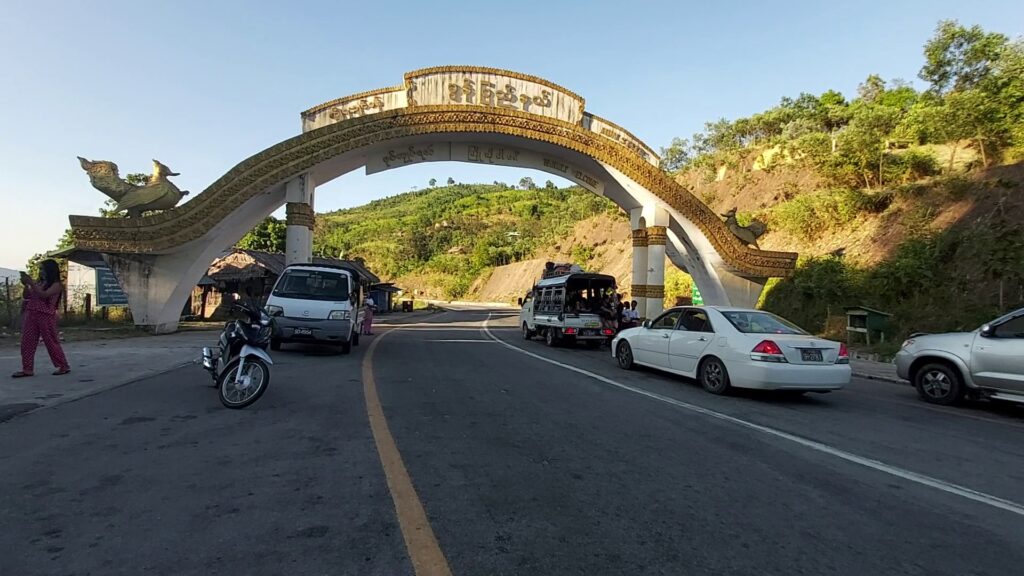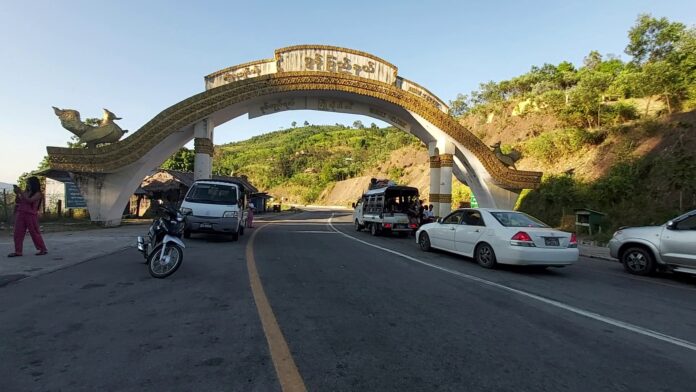Residents in Yebyu Township, Tanintharyi Region report that severe rice shortages are emerging after the military junta imposed restrictions on rice transportation coming through the Ma Hlwe Taung security checkpoint near the Mon-Tanintharyi border. These restrictions have been in place for nearly a month.
Since late June, the junta has tightened inspections at the Ma Hlwe Taung checkpoint, specifically limiting the transport of food supplies, and has been seizing restricted goods brought across the checkpoint, locals said.
As a result, rice has become scarce in over 10 villages in Yebyu Township, including Ah Lel Sa Khan, Kyauk Ka Din, Lawt Thaing, Kywetalin, Rar Hpu, Rar Hpu (Thit), Tharyar Mun, and Ma Yan Chaung, according to a resident from Rar Hpu village group.

“It’s been nearly a month. Not a single shop has rice to sell. Some people are secretly bringing in one or two sacks of rice by line trucks or village cars from Mawlamyine. But even that is limited, sometimes just a sack or two. Rice is the most heavily restricted item,” the resident said.
Although rice prices have not yet skyrocketed, residents warned that continued restrictions by the junta could soon lead to further difficulties.
Similarly, in Dawei’s main town, rice imports and sales have been significantly restricted. The added cost of bribes and checkpoint fees has driven up prices, forcing residents to rely more on locally produced rice, according to a resident from Kanpauk sub-township.
“It’s hard to transport rice into the city. Prices can vary by 10,000–20,000 kyats from normal. For example, local rough rice (unpolished) in Dawei is about 65,000 kyats per sack, while polished rice can go up to 150,000 kyats. Prices vary widely between shops. 10 Pyi of rice can cost 29,000 kyats at one shop and 38,000 kyats at another. Because of the rising prices, more people are relying on local rice instead of rice from Yangon,” said the resident.
The military’s restrictions are believed to be part of a broader strategy following reports that resistance forces in Mon, Karen, and Dawei areas are working to strengthen their military cooperation. A resistance source claimed that the junta has adopted what is known as a four-cuts approach, strategy to prevent resistance forces from gaining strength.

“Our People’s Defense Forces are operating in the upper part of Yebyu Township near Ma Hlwe Taung. There’s growing military cooperation among resistance groups, and the junta is trying to stop that by cutting supply routes. They’re blocking not just rice, but anything coming from Ma Hlwe Taung into Yebyu, especially food,” the source said.
The “four-cuts approach” strategy, often used by the junta in conflict-affected townships like Yebyu, Launglon, and Thayetchaung, refers to efforts to gradually cut off four key pillars of resistance support: food, funding, information, and recruitment.
As a result of these restrictions, residents and internally displaced persons (IDPs) across Tanintharyi Region are facing worsening challenges in accessing essential goods, medicine, and humanitarian aid.

